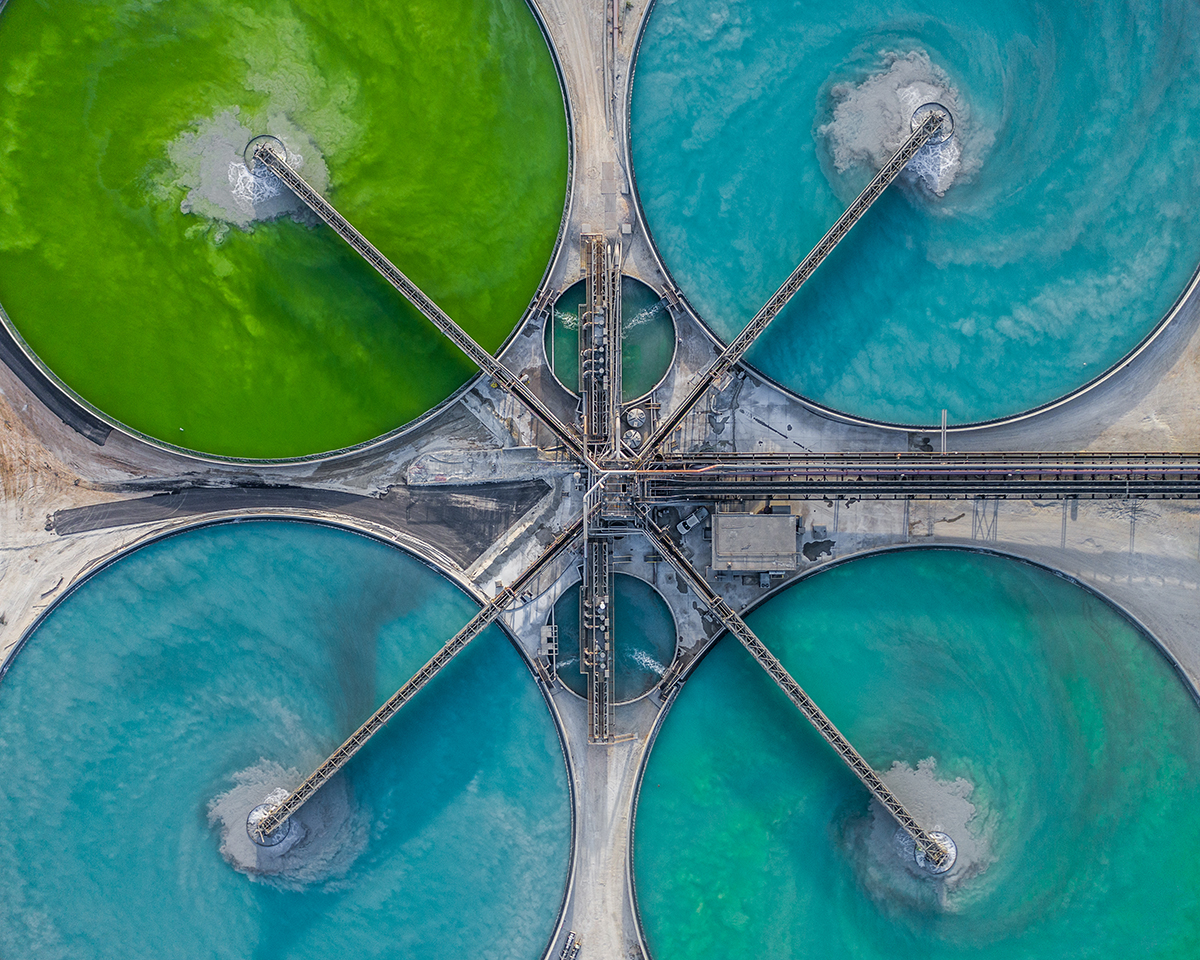- I recommend the Pixel 9 to most people looking to upgrade - especially while it's $250 off
- Google's viral research assistant just got its own app - here's how it can help you
- Sony will give you a free 55-inch 4K TV right now - but this is the last day to qualify
- I've used virtually every Linux distro, but this one has a fresh perspective
- The 7 gadgets I never travel without (and why they make such a big difference)
Historic Opportunity to Modernize and Secure Smart Water Operations

Reducing costs and downtime while increasing efficiencies are key benefits of implementing a Smart Water approach. But aging SCADA systems and security are often a hurdle to doing so. Add to that, funding limitations or a skills gap among workers, and operators of water utilities may decide to delay modernization. Thanks to the U.S. bi-partisan Infrastructure Investment and Jobs Act (IIJA) there is a unique opportunity to address these areas of critical infrastructure by digitizing our water systems. By doing so, our communities can innovate at scale for a more inclusive and sustainable future.
IIJA gives state and local governments a historic opportunity to be better stewards of our water resources by investing in long-term, sustainable, and secure infrastructure solutions. It also allows us to reshape our image of critical infrastructure—from one of just steel and concrete—to one that leverages technology for remote monitoring and testing through automation.
Why digitize your critical infrastructure
Developing Internet of Things (IoT) readiness, system capacity, and system efficiencies are key to securing critical infrastructure and building resiliency. As a foundational part of this infrastructure, water utilities now have access to reliable and secure technologies that can help them readily achieve tangible business outcomes through digitization. Creating a “digital layer” of water operations should be a key component of your new projects going forward, and IIJA funding can help facilitate and accelerate its deployment.
Think of digitization as a new tool for securing your water infrastructure. With it, you can keep facilities, equipment, and other assets safe from cyber threats. A Smart Water approach lets you:
- Reduce OpEx and increase operational efficiencies
- Support a mobile and hybrid workforce through real-time dispatching, routing, and information sharing
- Provide real-time asset monitoring, troubleshooting, and reporting
- Track and meet regulatory compliance/mandate requirements
- Improve customer service and satisfaction.
Digitization can also speed incident response and remediation, helping to keep your systems and services online during times of stress.
Developing a digital strategy for Smart Water
It is critical for governments and utilities already involved in Smart Water operations, or planning to make the move, to develop an overall digital strategy that can help guide the success of current and future projects.
As you develop your digital strategy, consider the following:
- Gain a firm understanding of IIJA and the funding opportunities it provides. The Cisco Public Funding Office can help you while aligning with your specific needs. They can also show you how to develop a more holistic strategy for IT and OT convergence among your various stakeholders (business leaders, CIOs, and technology teams).
- Start with pilot projects that allow you to experiment with technologies and find the right comfort level for your team. Starting small also lets you do more productive testing and explore more options than with a large-scale project. As you develop best practices from smaller projects, they can easily be scaled up across your organization as opportunities arise.
- Explore partnerships with private sector experts. Their expertise can often drive better outcomes. Plus, their prior experiences, both good and bad, can help you avoid costly or timely mistakes.
Four enabling technologies for Smart Water
With the growth of wireless technologies and sensors, management of water resources has become much easier. In most cases, these technologies are easy to deploy and can be managed remotely, to drive innovation at scale. They include:
- SCADA System Modernization and Cybersecurity featuring real-time data capturing and control
- Condition-Based Monitoring for a world of real-time data and predictive analytics
- Advanced Metering Infrastructure (AMI) to enable automation
- Water quality and flood monitoring.
IIJA funding can help you deploy these and other Smart Water solutions to improve efficiencies, enhance security, and provide better access to an increasingly valuable resource (explore solutions).
As a trusted and proven partner of critical infrastructure operators around the world, Cisco can provide you with expert advice and guidance for digitizing your water operations. Our Smart Water approach offers secure and reliable solutions, advanced services, architectures, and funding support. Together, they demonstrate why Cisco is the one of most trusted business advisors in the industry.
Additional Smart Water resources
Share:

